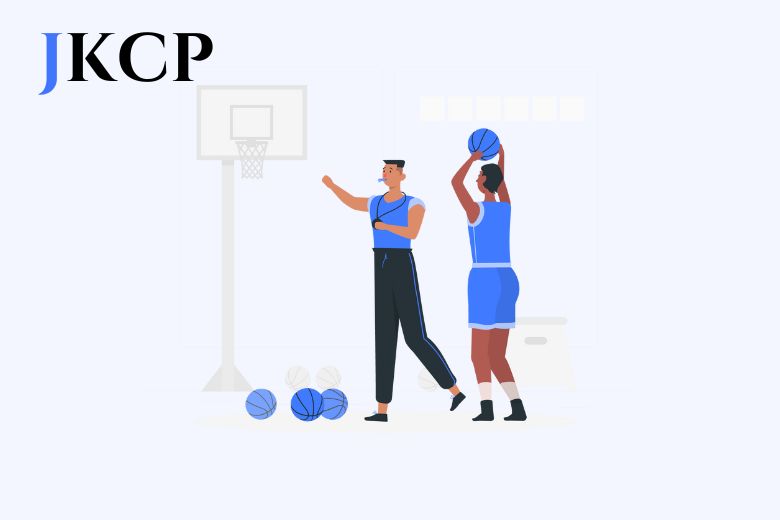How to Become a Hockey Player
Becoming a hockey player requires dedication, passion, and a lot of hard work. As someone who has been through the ups and downs of this challenging yet rewarding journey, I’m here to share some key steps and personal insights that can help you achieve your dream of playing hockey at a professional level.
Starting Young
The journey often begins at a young age. I remember the thrill of joining my first local team and participating in youth leagues. The early years are crucial for developing foundational skills and a love for the game. It’s essential to start with the basics: skating, puck handling, and shooting. Joining a local hockey team or a youth league provides a structured environment where you can learn the rules of the game and start building your skills.
Parents and guardians play a significant role during this stage. Their support, whether it’s driving you to early morning practices or cheering from the stands, is invaluable. Youth hockey programs are available in many communities, and finding a reputable one can set you on the right path.
Starting young also means learning about teamwork and sportsmanship. These are fundamental aspects of hockey that will stay with you throughout your career. Participating in team activities, understanding your role, and supporting your teammates are lessons that begin early and continue to evolve as you grow in the sport.
Training and Skill Development
Training is the heart of becoming a hockey player. On-ice skills are critical, and it’s important to practice skating, puck handling, passing, and shooting regularly. I spent countless hours on the ice, honing these skills. It’s not just about the quantity of practice but the quality as well. Focused, purposeful training sessions are more effective than unstructured play.
Off-ice training is equally important. Strength, endurance, and flexibility training help build the physical foundation needed to excel on the ice. I incorporated weight training, cardio workouts, and flexibility exercises into my routine. Nutrition also plays a crucial role; a balanced diet fuels your body and aids recovery.
Skill development doesn’t stop at basic techniques. As you progress, it’s important to work on advanced skills such as game strategy, positional play, and situational awareness. Watching professional games, studying the moves of top players, and learning from experienced coaches can provide valuable insights into the game.
Building Connections and Networking
Networking might not be the first thing that comes to mind when thinking about becoming a hockey player, but it’s an essential part of the journey. Coaches and mentors can provide guidance, support, and opportunities. I was fortunate to have coaches who believed in me and pushed me to be better.
Participating in camps, clinics, and showcases is an excellent way to gain exposure and improve your skills. These events often attract scouts and coaches looking for talent. Leveraging social media and online platforms can also help you connect with other players, coaches, and teams.
Building connections within the hockey community opens doors to new opportunities. It’s not just about who you know but also about how you present yourself. Being respectful, showing a positive attitude, and demonstrating a strong work ethic can leave a lasting impression on coaches and scouts.
Physical and Mental Preparation
Hockey is a physically demanding sport. Maintaining peak physical fitness is crucial. Regular exercise, strength training, and a proper diet are non-negotiables. But it’s not just about the body; the mind plays a significant role too. Mental toughness and resilience are key to overcoming challenges and staying focused.
Balancing education and sport was one of the toughest aspects for me. It’s important to keep up with schoolwork while pursuing your hockey dreams. Time management skills and a strong support system can help maintain this balance.
Mental preparation involves setting goals, visualizing success, and developing coping strategies for stress and pressure. Working with a sports psychologist or a mental coach can provide techniques to enhance your mental game. Staying positive, motivated, and confident are essential traits for success in hockey.
Career Path and Progression
The path from amateur to professional hockey is structured through various leagues and levels. Starting from local leagues, you can progress to junior leagues, and eventually, with talent and hard work, to professional leagues like the NHL. Key milestones include being drafted by junior teams, performing well in high-profile tournaments, and eventually being scouted by professional teams.
Understanding the business side of hockey is also important. Contracts, negotiations, and endorsements are part of a professional hockey player’s career. Having a good agent or advisor can help navigate these aspects.
The career progression also involves continuous learning and adaptation. As the game evolves, so should your skills and strategies. Staying updated with the latest training methods, equipment, and game trends is vital for long-term success. Attending seminars, workshops, and additional training programs can provide valuable knowledge and keep you ahead in the competitive world of hockey.
Challenges and Perseverance
The journey to becoming a hockey player is filled with challenges. Injuries, setbacks, and tough competition are part of the game. I faced several injuries that tested my resolve. It’s during these times that mental toughness and perseverance become crucial. Keeping your motivation high and focusing on your long-term goals can help you overcome these hurdles.
Personal anecdotes from professional players often highlight the importance of perseverance. Many of them faced numerous rejections before making it big. Their stories are a testament to the fact that persistence and hard work pay off.
Facing challenges also involves learning from failures. Each setback is an opportunity to grow and improve. Analyzing your mistakes, seeking feedback, and making necessary adjustments are part of the learning process. Surrounding yourself with supportive people who believe in your potential can provide the encouragement needed to keep going.
Conclusion
Becoming a hockey player is a long and demanding journey, but it’s also incredibly rewarding. Starting young, training hard, building connections, and preparing both physically and mentally are key steps in this journey. Remember, challenges are part of the process, and perseverance is your best ally. Keep pushing forward, stay focused on your goals, and you can achieve your dream of playing hockey at a professional level.



